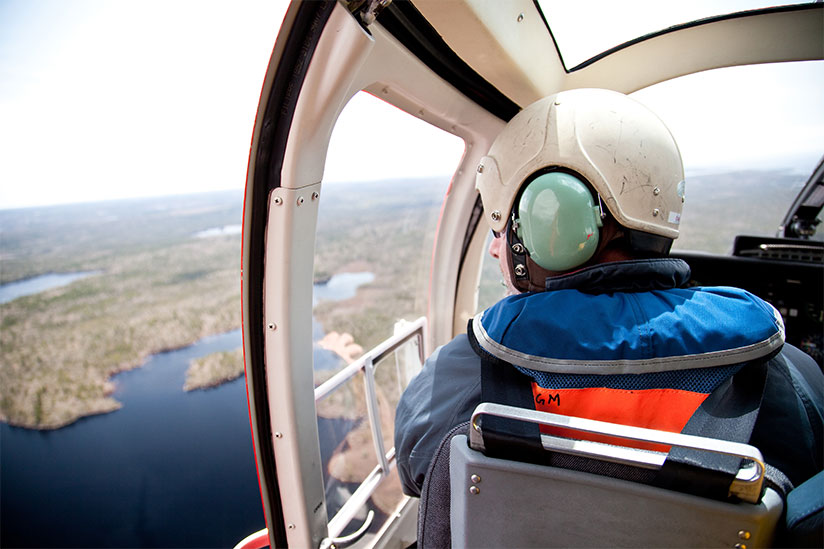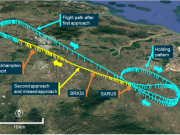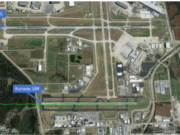
Fatigue has been a contributing factor in numerous helicopter accidents,1 and there now are ongoing initiatives at the international level to mandate the use of fatigue risk management systems (FRMS) by rotary wing operators.According to the International Federation of Air Line Pilots’ Associations (IFALPA), there is a risk of fatigue in most commercial helicopter operations, particularly in the offshore and emergency services sectors. “Causal factors for fatigue can include cockpit ergonomics, temperature, seating, survival equipment, vibration and noise levels, etc. The majority of commercial helicopter operations are not scheduled in the manner of airlines and therefore may give rise to fatigue as a result of rapidly cycling duty periods with early starts and late finishes,” IFALPA says. “Current flight time limitations (FTL) may help in managing more straightforward fatigue challenges, but FRMS, by its very nature and its ability to manage more nuanced tasks, can offer operators a better ‘tool box’ for delivering safety and efficiency outcomes.”



